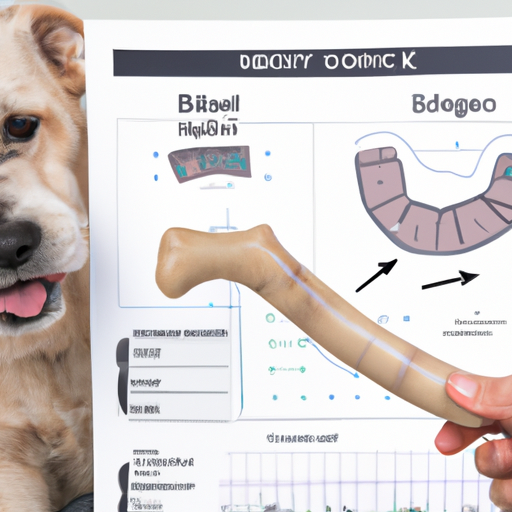As humans, we often treat our pets like our own children, always minding their welfare, being attentive to their needs, and providing them with the best care possible. Among the essential aspects of pet care is nutrition, which includes not only their daily meals but also their treats. One treat that has been a staple in many dog households is rawhide. But what does rawhide do to dogs? How does it impact their health, and most importantly, is it safe?
Table of Contents
1. Understanding Rawhide
2. Health Benefits of Rawhide
3. Potential Risks of Rawhide
4. Alternatives to Rawhide
5. FAQ
Key Takeaways
* Rawhide is a popular dog treat made from the inner layer of cow or horse hides.
* It can provide some dental benefits but also poses significant health risks.
* It’s crucial to supervise your dog while they’re chewing a rawhide treat.
* There are safer alternatives to rawhide available.
Understanding Rawhide
Rawhide is a type of dog chew that is made from the inner layer of cow or horse hides. During manufacturing, these hides are cleaned and cut into various shapes and sizes, providing a range of options for dogs of all breeds and ages.
Rawhide chews have been a popular choice among pet owners due to their durability, which allows for long-lasting chew sessions that can keep dogs entertained for extended periods. They’re also known for their potential to support dental health by reducing plaque and tartar build-up.
Let’s delve deeper into the benefits and risks of rawhide to understand whether this treat deserves a place in your furry friend’s life.
Health Benefits of Rawhide
Rawhide chews can serve several health benefits for dogs. The most notable one is dental health. Chewing on rawhide can help to scrape away plaque and tartar build-up on your dog’s teeth, promoting healthier gums and preventing bad breath.
This physical activity of chewing also provides mental stimulation for dogs, helping to relieve boredom and reduce destructive behaviors. Some pet owners find rawhide a useful tool in dealing with separation anxiety or as a distraction during stressful situations.
Potential Risks of Rawhide
Despite the benefits, rawhide chews also pose several risks. The most significant concern is the potential for choking or blockages. Dogs who chew aggressively or try to swallow large pieces of rawhide can potentially choke, or the rawhide can get stuck in their digestive tract, leading to serious complications.
Additionally, rawhide chews can sometimes be contaminated with harmful bacteria like Salmonella or E. coli, posing a risk to both pets and humans in the household. Some rawhide products are also treated with potentially harmful chemicals during the manufacturing process.
It is also worth noting that rawhide chews are not easily digestible. If your dog swallows large pieces of rawhide, it can lead to digestive issues, including diarrhea and vomiting.
For more information on the potential risks of rawhide and other dog treats, visit the American Veterinary Medical Association’s website.
Alternatives to Rawhide
Given the risks associated with rawhide, many pet owners are seeking safer alternatives. Bully sticks, dental chews, and rubber chew toys are all good options that can provide the same benefits without the dangers. Here is a great resource for finding the best bully sticks for your dog.
Additionally, providing a balanced diet and regular dental care should always be a priority in ensuring your pet’s overall health. A diet rich in vitamins and minerals, coupled with regular teeth brushing and vet check-ups, can go a long way in keeping your dog healthy.
For more tips on pet care and nutrition, check out these articles on How to Choose the Right Food for Your Dog and The Importance of Dental Care for Pets.
FAQ
Q: Is rawhide safe for dogs?
A: While rawhide is not inherently harmful, it can pose significant risks, including choking, blockages, and contamination. Always supervise your dog while they’re chewing a rawhide treat.
Q: What can I give my dog instead of rawhide?
A: Alternatives to rawhide include bully sticks, dental chews, and rubber chew toys. Always choose a chew that is suitable for your dog’s size and chewing habits.
Q: Can rawhide cause diarrhea in dogs?
A: Yes, rawhide can cause digestive issues, including diarrhea and vomiting, especially if your dog swallows large pieces.
In conclusion, while rawhide does have some benefits, the potential risks make it a treat that requires careful consideration and supervision. By understanding the pros and cons, you can make an informed decision on whether rawhide is the right choice for your furry friend.



